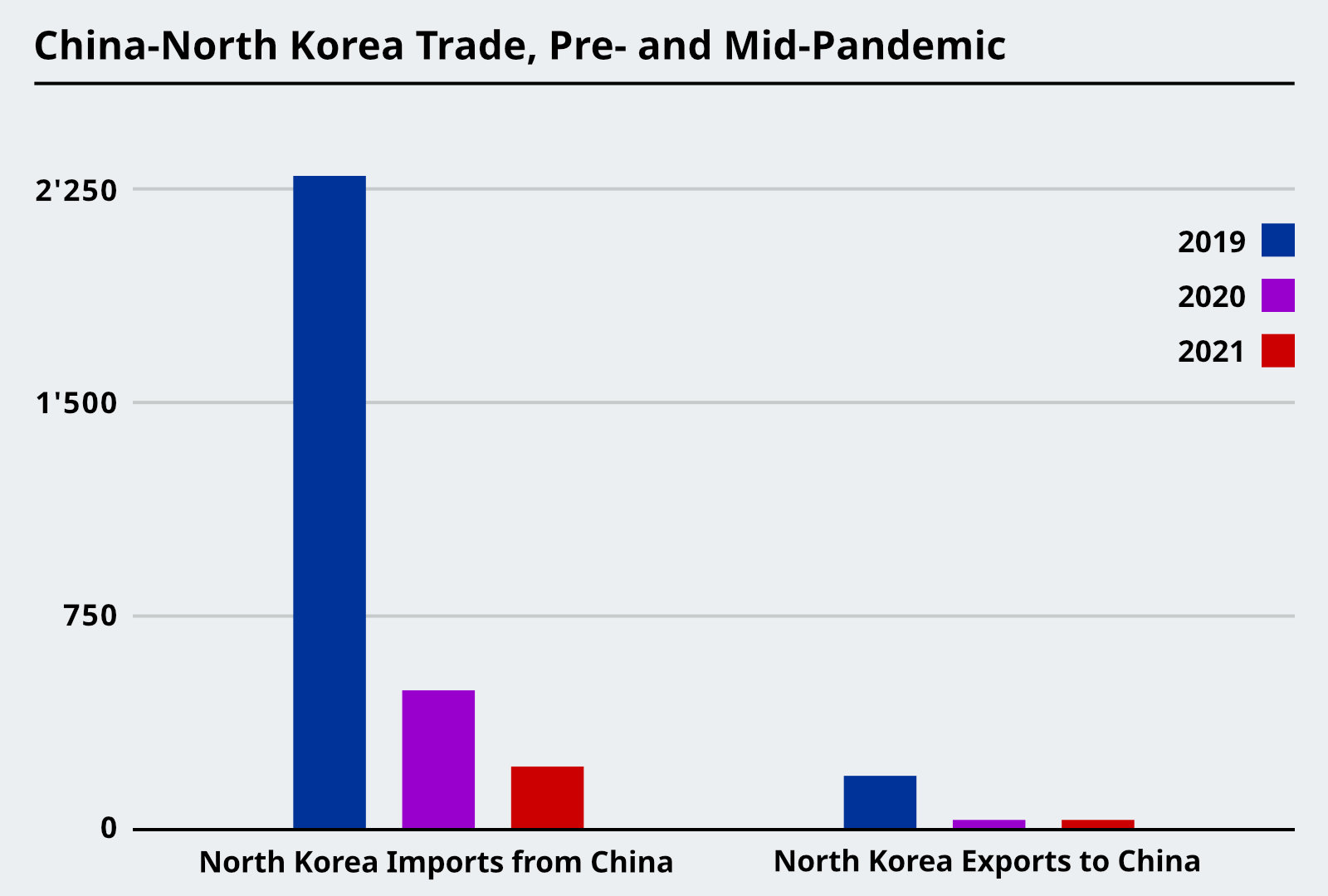| Welcome to the latest issue of Diplomat Brief. This week our top story focuses on the fallout from Kazakhstan’s internet shutdown amid the chaos of early January. We also have an interview with Pavin Chachavalponpun, an exiled Thai academic currently based at the Center for Southeast Asian Studies at Kyoto University of Japan, about the brief reign – and mysterious death by gunshot – of Thailand’s King Ananda Mahidol, the elder brother of the late King Bhumibol Adulyadej. |
| Story of the week |  | SOCIETY Information Chaos in KazakhstanWhat Happened: On January 5, the Kazakh government shut down the internet an attempt to curb both mass protests and organized violence. Since then, the government has granted only sporadic internet access to most regions, including the capital, while continuing to cut off the country’s largest city, Almaty. Ironically, while the internet blackout seems to have succeeded in keeping peaceful protesters off the streets, the organized violence actually spiked in the days following January 5. Our Focus: Arsen Aubakirov, coordinator of the Expert Group for Digital Rights in Kazakhstan, told The Diplomat that the information vacuum helps the regime, because the lack of real-time reporting will make it “very difficult to reconstruct the events of the past few days.” Kazakhstan’s government is hoping to use the internet blackout to sow confusion about events on the ground, opening more space for the government’s narrative by eliminating competing reports. What Comes Next: Kazakhs have become accustomed to the use of the internet in their daily lives: 86 percent of Kazakhs use the internet, on par with the EU. The sudden severing of internet access has made it difficult to perform basic tasks – even daily purchases became a struggle, with digital payment methods inaccessible. The forced internet outage itself has now become a key cause of ongoing popular discontent. Aubakirov told The Diplomat that “the majority is outraged… we have not seen anywhere that anyone is justifying it.” Unblocking the internet and restoring unrestricted access to information instantly became keys demands of peaceful protest organizers and human rights activists. Kazakhstan now risks entering a negative spiral, wherein continued internet blockages fuel discontent, which necessitates further digital crackdowns. Read this story |
| Behind the News | INTERVIEW Pavin ChachavalponpunPavin Chachavalponpun, an associate professor at the Center for Southeast Asian Studies at Kyoto University, on why the death of King Ananda Mahidol in 1946 is important for Thailand today: “Talk of the mysterious death of King Ananda is verboten since it directly involved King Bhumibol, who was present at scene of the crime… it had the potential to jeopardize not just the Mahidol family, but the dynasty as a whole. Yet like a ghost from the past, the decades-old case continues to haunt the monarchy and poses a threat to its stability. From this perspective, Ananda’s death could be viewed as the sum of all fears with regard to the safety of the Thai monarchy.” Read the interview |
| This Week in Asia | Northeast Asia North Korea Starts 2022 With a BangIn a six-day span, North Korea launched two separate hypersonic missiles, one on January 5 and another on January 11. Experts expect more missile launches to follow, as Pyongyang remains determined to advance its development of cutting-edge missile technology. That leaves the U.S. and South Korea with few options for diplomacy. Find out more | South Asia Trouble on the Afghanistan-Pakistan BorderThe Taliban are often assumed to be pro-Pakistan, but the fallacy of that narrative is showing after clashes along the Afghanistan-Pakistan border. The Taliban, like previous Afghan governments, do not recognize the Durand Line as the border and have vowed to disrupt Pakistan’s efforts to install border fences. That also bodes ill for the Taliban’s willingness to crack down on anti-Pakistan militants in the border area. Find out more | Southeast Asia COVID-19 Makes a Comeback in Southeast AsiaThe fast-spreading Omicron variant of the coronavirus is beginning to trigger new outbreaks in several Southeast Asian nations, after months of painstaking efforts to overcome the last surge of the virus. In the past week, Thailand has hiked its COVID-19 alert level and extended its suspension of a quarantine-free travel scheme, the Philippines recorded three straight days of record high infection rates, and Vietnam has seen infections reach new highs. With vaccination rates remaining insufficient in the region’s most populous countries, the coming weeks could be critical. Find out more | Central Asia Chaos in Kazakhstan Ensnares KyrgyzThe Kazakh government's narrative is that “armed and well-prepared bandits, both local and foreign” instigated the violence seen last week. Kazakhstan has reportedly arrested 8,000 people – including foreign nationals – to back up its claim. However, one Kyrgyz who was paraded on TV confessing to taking money to join the violence was soon revealed to be a well-known Kyrgyz jazz musician who says he was forced into a confession by police. Now Kyrgyzstan is worried that more of its citizens may be in Kazakh jails on flimsy pretexts. Find out more |
| Visualizing APAC |  | Data is in millions, USD for the first 11 months of each year (January-November). North Korea’s pandemic-induced border closure continues to take a heavy toll on trade with China, which typically accounts for roughly 90 percent of North Korea’s total foreign trade. See the full picture |
| Word of the Week | SOCIETY MuhojerinPashto for “refugee,” the word is also used as a euphemism for foreign jihadists residing and fighting in Afghanistan. Find out more |
| Webinar | The Diplomat Asks Cambodia as ASEAN Chair: What to ExpectCambodia currently holds the rotating chair position of the Association of Southeast Asian Nations (ASEAN). Its last stint as ASEAN chair, in 2012, was surrounded by controversy, as Phnom Penh blocked ASEAN’s consensus statement on the South China Sea disputes, reportedly at China's behest. How will Cambodia approach its role as chair in 2022? What should we expect in terms of its positioning on flashpoints like the crisis in Myanmar and the long-simmering South China Sea disputes? And what, exactly, is the role of China in Cambodia's diplomatic decision making? Join us on January 19 at 8:00 p.m. ET for a discussion of Cambodia’s term as ASEAN chair. Sign up for the webinar |
|  |




